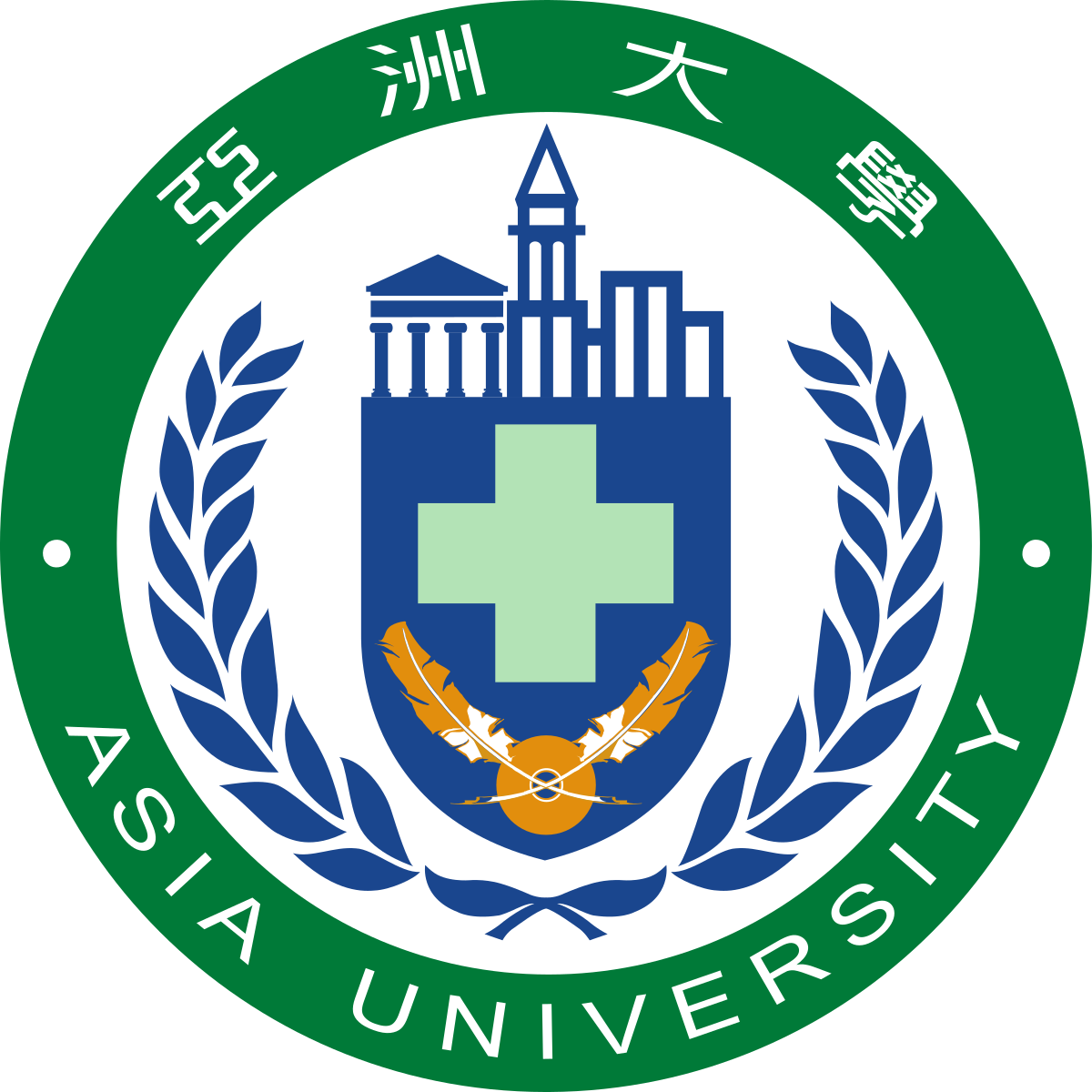Signed a MOU for Academic Exchange and Collaboration, offering internship opportunities and promoting technological research and development.
Asia University (AU) and CADMEN Co. have signed a memorandum of academic cooperation on the morning of April 15, with AU President Jeffrey J.P. Tsai and CADMEN Founder Shun-Ju Yang representing their respective institutions. The partnership aims to pool resources and accelerate semiconductor technology innovation. CADMEN will also offer internship opportunities to AU students, helping to train professionals in the field and meet growing global demand for semiconductor expertise, injecting fresh momentum into Taiwan's semiconductor industry.
President Tsai stated that AU actively promotes industry-academia collaboration and aligns closely with Taiwan’s Ministry of Education’s “Industry-Academia Semiconductor Cooperation Program.” In response to the global shortage of semiconductor talent, the university plans to establish a talent training hub in central Taiwan, hoping the partnership with CADMEN will help nurture more semiconductor professionals with a global perspective.
He emphasized that over the past decade, AU has trained a large number of semiconductor professionals who have excelled in their careers, with alumni working at world-leading companies such as Apple, Qualcomm, and TSMC. The College of Information and Electrical Engineering focuses on fields such as AI semiconductors, medical chips, drones, and cybersecurity. AU also encourages students to obtain international certifications from NVIDIA and Amazon, which help them secure starting salaries of USD $70,000 to $100,000 overseas. The university aims to attract more international students, enhancing its academic and industrial global influence. Through this partnership, AU seeks to cultivate industry-ready talent and position Taiwan within the global semiconductor landscape.
CADMEN Founder Shun-Ju Yang noted that the company boasts one of Taiwan’s top engineering analysis teams and has more than 30 years of experience in Computer-Aided Engineering (CAE). With deep expertise in the field of “physical computing power,” which is critical in today’s AI applications, the company is now establishing an integrated circuit (IC) division aimed at embedding CAE into IC design.
Yang explained that “physical computing power” is a concept not yet widely understood in the industry, often mistaken for merely “physics problems.” However, CADMEN aims to become an IC company not for communication or memory chips, but for computation-focused ICs needed across all industries. His long-term vision includes developing interactive robotics powered by such advanced chips. Recognizing the growing demand for skilled IC designers, Yang expressed strong support for working with AU to nurture talent from the university level, strengthen academic-industry interaction, and build a robust talent pipeline for the semiconductor sector.
Following the signing of the MOU, AU and CADMEN will launch a series of joint initiatives, including academic symposia, technical exchanges, internship programs, and collaborative research projects. By combining CADMEN’s industrial expertise with AU’s academic resources, both parties aim to cultivate professionals who are not only theoretically grounded but also ready to contribute immediately to the industry.
Shun-Ju Yang (center), founder of CADMEN, stated that the company plans to
integrate CAE into IC development as part of its transformation into an IC-focused
enterprise.
Asia University President Jeffrey J.P. Tsai (right) and CADMEN Founder Shun-Ju Yang (left) sign the MOU on behalf of their respective institutions.




